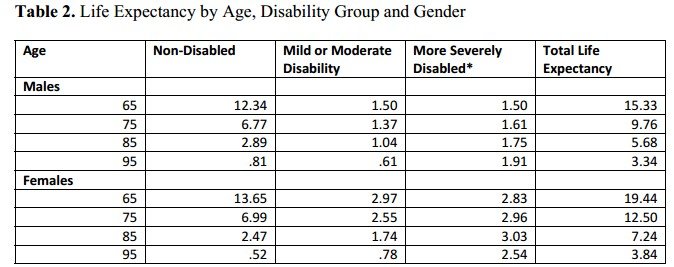athena53
Give me a museum and I'll fill it. (Picasso) Give me a forum ...
- Joined
- May 11, 2014
- Messages
- 7,383
Instead of protecting a low priced manufactured home, buying one with 8 times the value could help to protect our limited assets. As I mentioned in some previous posts, we watched dear friends see their nest egg depleted because of selling their precious (expensive) home to downsize into a manufactured home with a less than $40K value. They thought they were doing the right thing, but when the wife went into the nursing home for 5 years, they paid out of their nest egg, leaving him to live on his Social Security when she passed away..
Nothing illegal in doing this preplanning.
Yes, but I'd be very wary about Medicaid as a long-term care plan. It seems to be pretty common and my concern is that as states become more and more strained by the increasing costs of caring for the nursing home population, reimbursements won't keep up with inflation, higher-quality nursing homes will take fewer (or no) Medicaid patients, and what most people will get will be close to warehousing. You'd also have to prepare for the costs of maintaining the house in which the community spouse (the one not in LTC) lives. If you bought too much house to shelter your assets, someone in their 80s may have to hire out a lot of the work- cleaning, shoveling snow (where applicable), yard work, etc. There are also higher utility costs and property taxes.

